Hemp farming is an industry that has seen significant growth in recent years, with more and more people turning to this versatile plant for a variety of uses. From textiles to health supplements, hemp has proven to be a valuable crop with a wide range of applications. In this article, we will take a closer look at the world of hemp farming, exploring the history of hemp cultivation, its current status as a booming industry, and its potential for the future.
The History of Hemp Cultivation
Hemp has been cultivated for thousands of years, with evidence of its use dating back to ancient civilizations in Asia and the Middle East. In the United States, hemp was a staple crop in colonial times, used for making textiles, rope, and paper. However, with the rise of cotton and synthetic fibers, hemp fell out of favor as a commercial crop.
The Revival of Hemp Farming
In recent years, there has been a resurgence of interest in hemp farming, thanks in large part to the passage of the 2018 Farm Bill, which legalized the production of industrial hemp in the United States. This legislation has opened up a wealth of opportunities for farmers looking to diversify their crops and enter the lucrative hemp market.
The Benefits of Hemp Farming
There are many benefits to hemp farming, both for farmers and for the environment. Hemp is a highly sustainable crop, requiring minimal water and no pesticides or herbicides to grow. It also has a variety of applications, from textiles and building materials to health supplements and food products. With the growing demand for hemp-based products, farmers stand to benefit economically from entering the hemp market.
The Future of Hemp Farming
As the hemp industry continues to grow, there is much potential for the future of hemp farming. With advancements in technology and research, the possibilities for hemp cultivation are endless. From improved crop yields to new product innovations, hemp farming is poised to become a major player in the agricultural industry.
Conclusion
Hemp farming is a thriving industry with a bright future ahead. With its versatile applications, sustainable growing practices, and increasing demand for hemp-based products, the potential for hemp farming is limitless. As more farmers enter the hemp market and research continues to expand, we can expect to see even greater growth and innovation in this exciting industry.
FAQs
What is hemp?
Hemp is a versatile plant that has been cultivated for thousands of years for its fibers, seeds, and oil. It is a member of the Cannabis sativa species, but unlike marijuana, hemp contains very low levels of THC, the psychoactive compound that produces a “high.”
What are the uses of hemp?
Hemp has a wide range of applications, including textiles, rope, paper, food products, health supplements, building materials, and more. Its fibers are strong and durable, making it an ideal material for a variety of products.
Is hemp farming sustainable?
Yes, hemp farming is highly sustainable. Hemp requires minimal water and no pesticides or herbicides to grow, making it an environmentally friendly crop. Its fast growth rate and versatility make it a valuable addition to sustainable farming practices.
Can hemp farming be profitable?
With the growing demand for hemp-based products, hemp farming can be a profitable venture for farmers. By diversifying their crops and tapping into the expanding hemp market, farmers have the opportunity to capitalize on the economic benefits of hemp cultivation.

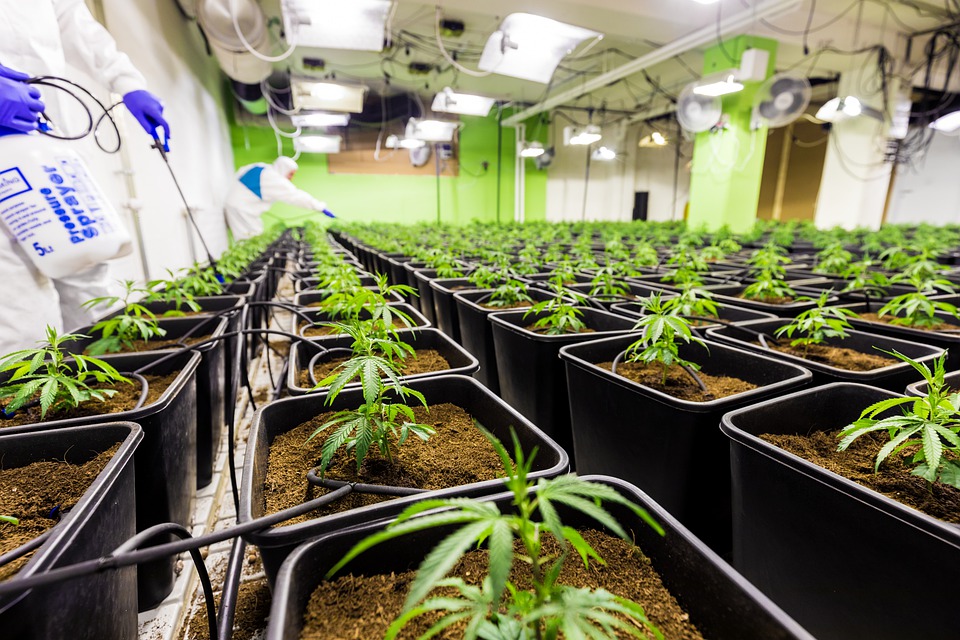
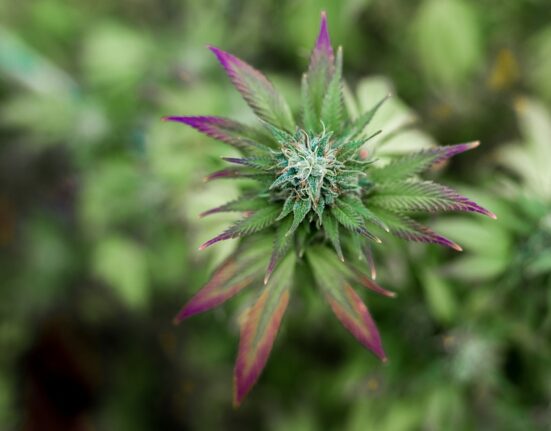

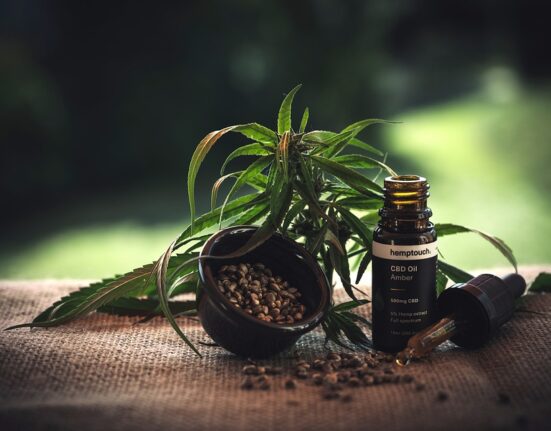
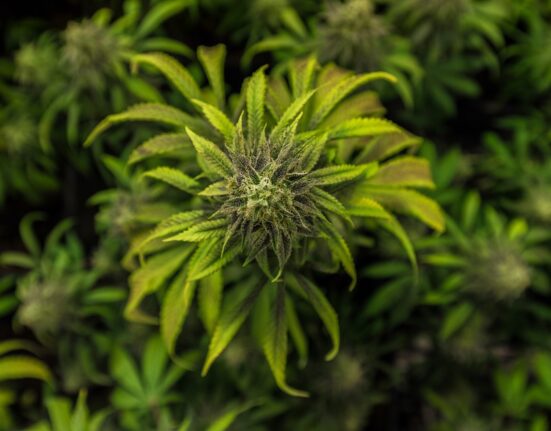
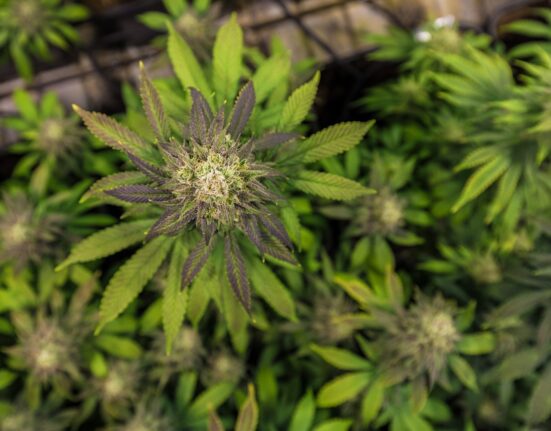
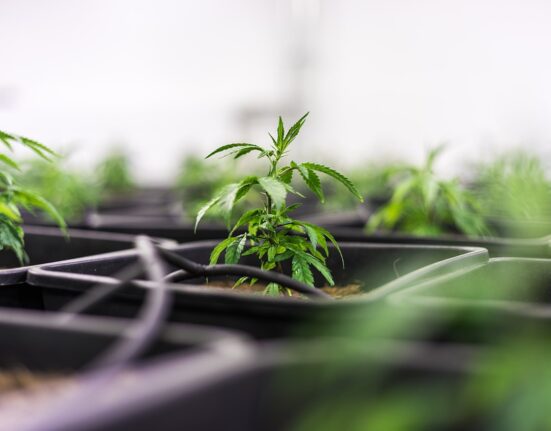
Leave feedback about this